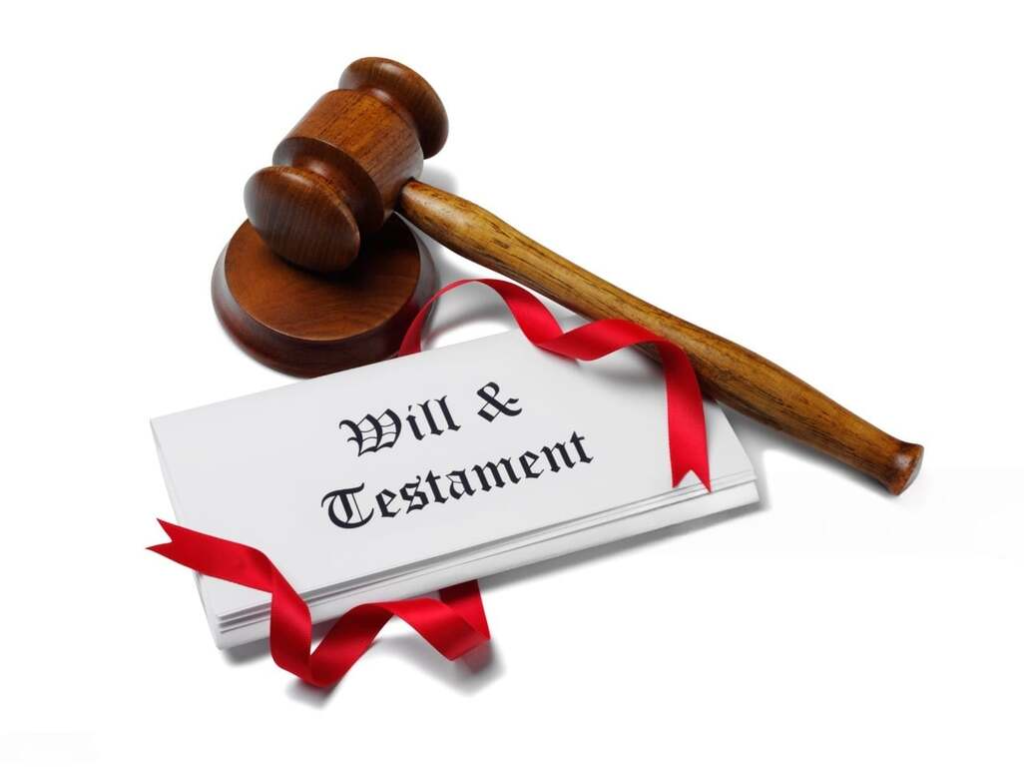
When someone passes away, one of the first questions people often ask is: Why does a will go to probate?
Many assume that having a will automatically avoids any legal hurdles, but in reality, probate is often still required.
In this guide, we’ll break down the top reasons a will must go through the probate process, what it entails, and how you can navigate it efficiently.
What Is Probate of Will?
Probate is the legal process that confirms whether a deceased person’s will is valid and gives the executor the authority to carry out the wishes detailed in that will.
It often includes managing assets, paying off debts, and distributing inheritance.
If you’re unsure where to start, visit our Understanding the Probate Process in the UK guide.
Does a Will Have to Go to Probate?
Many people ask, “If you have a will, does it still go to probate?”
The short answer is: yes, in most cases.
Probate isn’t avoided just because a will exists.
It depends on the value and type of assets, how they are owned, and whether they are jointly held or not.
Why Do You Have Probate?
Let’s explore the main reasons a will goes to probate, even if it’s clearly written and appears straightforward:
1. Assets Are Held Solely in the Deceased’s Name
If the deceased owned assets—like property, bank accounts, or shares—solely in their name, those assets cannot be transferred without probate.
Financial institutions usually require a grant of probate before releasing these funds.
2. The Estate Is Above a Certain Value
In the UK, every financial institution has a different probate threshold, usually between £5,000 and £50,000.
If the estate exceeds that limit, the executor must apply for probate to access those funds.
3. There Are No Joint Owners or Beneficiaries Specified
Assets with named beneficiaries (such as pensions or life insurance) may bypass probate.
However, if beneficiaries aren’t specified, those assets become part of the estate and are subject to probate.
4. Property Ownership Type
If the deceased owned property as a “tenant in common” rather than a “joint tenant,” probate is typically required to legally transfer ownership of the deceased’s share.
5. To Validate the Will
A major reason why a will goes to probate is to legally validate the document.
The court makes sure the will isn’t canceled, forged, or invalid because it wasn’t executed correctly.
6. Contentious Probate or Disputes
In cases where there are family disputes, suspicions of undue influence, or disagreements over the will, the estate must go through contentious probate.
Also, see our full detailed guide : How to contest a will in the UK
7. To Resolve Debts and Taxes
Before any inheritance is distributed, debts, taxes, and liabilities must be cleared.
Probate gives the executor the authority to settle outstanding debts, handle inheritance tax, and manage financial responsibilities.
8. Legal Requirement by Institutions
Banks, investment firms, HM Land Registry, and other institutions often require a legal document (Grant of Probate) before releasing or transferring any assets—even if the will clearly states who inherits what.
Applying for Probate with a Will: The Process
When a valid will exists, the executor named in the will can start the probate application.
Here’s a brief overview:
Locate the original will
Value the estate (assets minus debts)
Complete inheritance tax forms (if applicable)
Apply online or by mail for a grant of probate
Distribute assets according to the will
For detailed guidance, you can always contact us directly.
If You Have a Will, Does It Still Go to Probate?
Yes—having a will does not eliminate the need for probate.
Instead, it helps streamline the process by clearly defining your wishes.
Probate ensures that all duties are fulfilled appropriately and that those desires are complied with lawfully.
Summary
To sum it up, probate serves as legal protection for the estate, beneficiaries, and executor.
Even with a valid will in place, probate is often necessary to ensure that everything is done properly and fairly.
If you’re navigating this process, let Probate Central be your guide.
We offer compassionate, efficient, and expert services to help you through every stage from applying for probate to resolving disputes.
